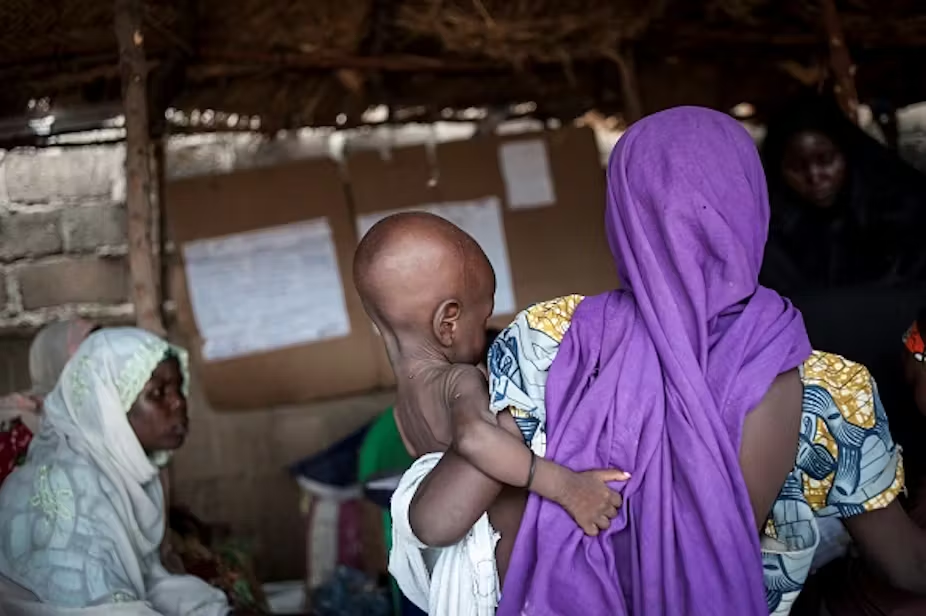National Association of Resident Doctors (NARD) has raised alarm over Nigeria’s deepening malnutrition crisis, revealing that more than 35 percent of children under the age of five are affected. The association described the situation as a major public health challenge with grave consequences for the country’s future.
In a post on X on Thursday, October 2, NARD warned that malnutrition contributes heavily to child mortality and leaves long-term damage on cognitive development, disease resistance, and national productivity. “Malnutrition contributes significantly to child mortality. It also impacts cognitive development, disease susceptibility, and national productivity,” the group said.
The doctors highlighted ongoing interventions such as the distribution of Ready-to-Use Therapeutic Food (RUTF), community-based management of acute malnutrition (CMAM), and Infant and Young Child Feeding (IYCF) counselling. According to NARD, these strategies have been shown through research to significantly improve recovery and survival rates. “NARD members are at the forefront of implementing and researching malnutrition interventions across Nigeria,” the statement added, while urging support for sustainable nutritional programmes to protect children’s health nationwide.
The warning comes after the Federal Government itself described the crisis as “a national emergency” in August. Special Assistant to the President on Public Health, Uju Rochas-Anwuka, revealed that annual losses linked to malnutrition exceed $1.5 billion, undermining human capital development and weakening the economy.
Earlier in July, Vice President Kashim Shettima also sounded the alarm at a National Summit on Nutrition and Food Security in Abuja, stating that nearly 40 percent of children under five were deprived of adequate nutrition. “It is a reminder that food insecurity is not only about hunger. It affects whether people can afford, access, and accept food that meets nutritional needs. It is about education and human capital,” he said, stressing the need for urgent collective action.
The humanitarian organisation Doctors Without Borders (MSF) reported in late July that more than 600 malnourished children had died in northern Nigeria within just six months. The group said cases of the most severe malnutrition rose by 208 percent between January and June compared with the same period last year, citing reduced foreign aid, rising living costs, and insecurity as key drivers of the crisis.
NARD’s intervention underscores the urgency of the situation, with calls for immediate, coordinated action to prevent further loss of young lives and protect the nation’s future.
![]()





























































